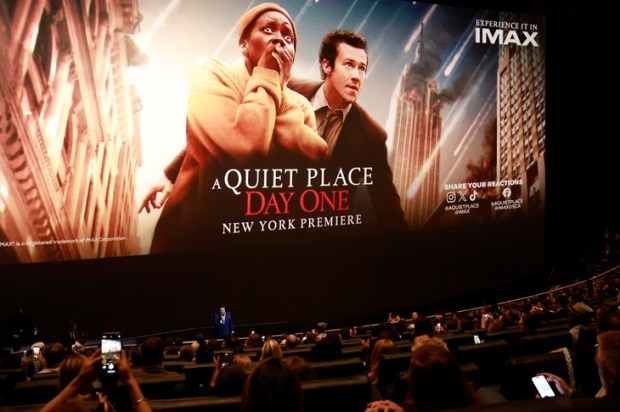By now, my readers should know that the one thing I like to do more than write words is write music. At heart, I am a composer. Unfortunately, it’s because I write words that I’m somewhat hamstrung in writing music. Thus, I am a staunch advocate for those composition competitions that are conducted anonymously.
Already a subscriber? Log in
Subscribe for just $2 a week
Try a month of The Spectator Australia absolutely free and without commitment. Not only that but – if you choose to continue – you’ll pay just $2 a week for your first year.
- Unlimited access to spectator.com.au and app
- The weekly edition on the Spectator Australia app
- Spectator podcasts and newsletters
- Full access to spectator.co.uk
Or


























Comments
Don't miss out
Join the conversation with other Spectator Australia readers. Subscribe to leave a comment.
SUBSCRIBEAlready a subscriber? Log in